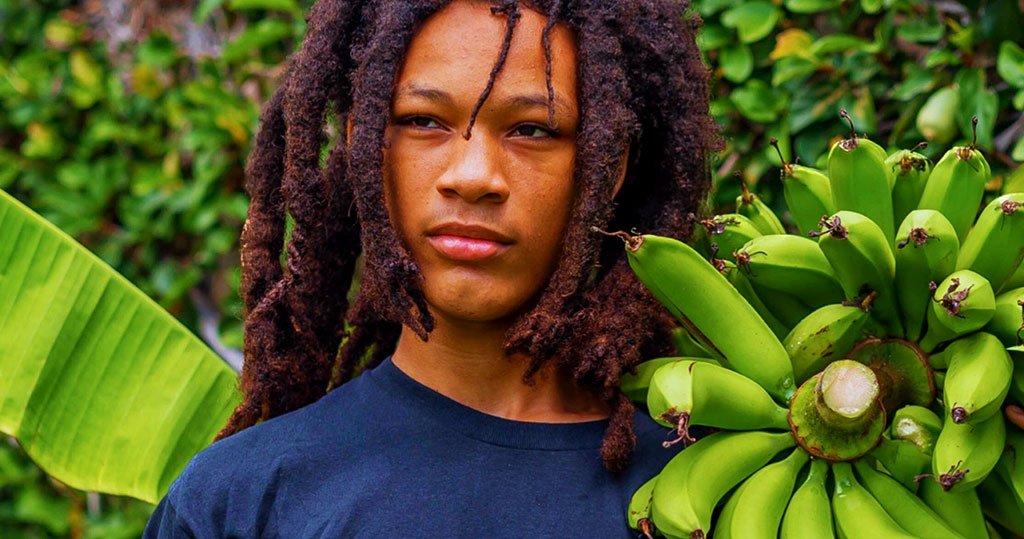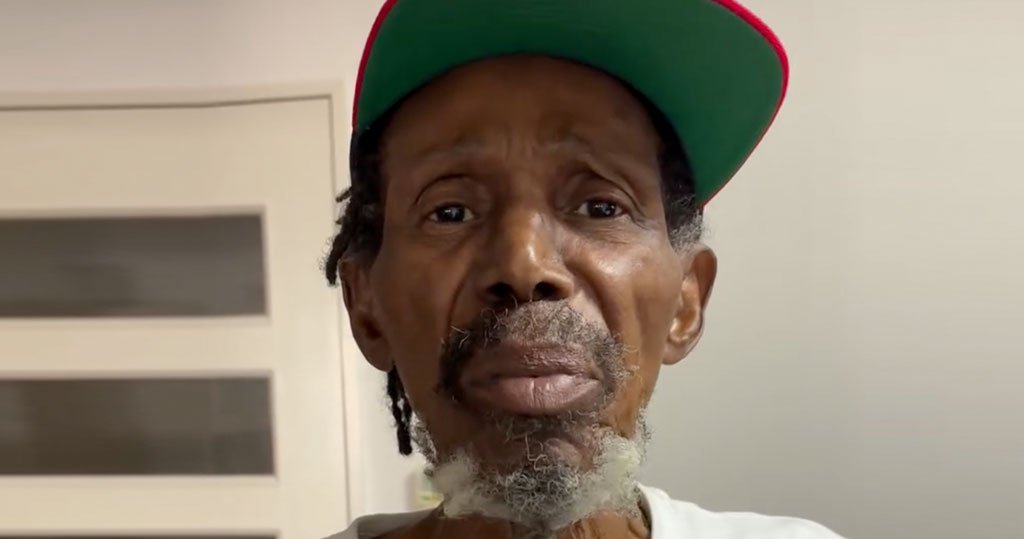The Meaning Behind J’Ouvert: More Than Meets the Eye
Written by adminVibe on September 1, 2025
(ReggaeVibeMedia.com) – Every year, as Carnival season erupts across the Caribbean and in diaspora communities worldwide, one event sparks equal parts curiosity and misconception: J’Ouvert. For some outsiders, the scenes of paint, powder, mud, and uninhibited dancing can be misunderstood as mere chaos or reckless behavior. But to those who know, J’Ouvert is not just a party — it is history, resistance, and freedom expressed through celebration.
The Origins of J’Ouvert
The word J’Ouvert comes from the French Creole expression jour ouvert, meaning “daybreak” or “opening of the day.” Rooted in Trinidad during the 18th and 19th centuries, J’Ouvert was born during the colonial era when enslaved Africans were excluded from the masquerade balls and street parades of their French masters.
In defiance, the enslaved created their own pre-dawn rituals. Using mud, ash, oil, and masquerade, they mocked the elite while expressing their African spirituality and resilience. These early forms of J’Ouvert were not just celebrations — they were acts of rebellion, cultural preservation, and identity affirmation.
Symbolism in the Celebration
-
Paint, Powder, and Mud: These elements symbolize freedom, release, and equality. In J’Ouvert, everyone is covered — stripping away social class, status, or appearance.
-
Darkening the Skin: Traditionally, participants would smear themselves with oil, ash, or mud as a rejection of colonial beauty standards and an embrace of African identity.
-
The Timing (Before Sunrise): J’Ouvert begins in the dark hours of the morning, representing both the struggles of the past and the coming of light — liberation and a new day.
-
Music and Drums: Rooted in African rhythms, the beats drive the energy, calling people together in collective movement and joy.
The Spirit of Resistance
J’Ouvert has always carried a rebellious undertone. In colonial times, characters like Jab Jab (devil mas) mocked the oppressors with fiery chains and horns, showing that even “evil” could be transformed into a tool of liberation. This spirit of parody, protest, and satire remains alive in J’Ouvert today.
J’Ouvert Today: Culture in Motion
In places like Trinidad, Grenada, Brooklyn, London, and Toronto, J’Ouvert has become one of the most powerful Carnival expressions of Caribbean identity. While many focus on the paint and powder, at its heart J’Ouvert is a living history lesson — a reminder of struggle, resilience, and freedom through art, music, and community.
Why J’Ouvert Shouldn’t Be Misunderstood
When outsiders see J’Ouvert only as “wildness,” they miss its essence. It is not simply about revelry; it’s about honoring ancestors, reclaiming identity, and celebrating liberation. To truly understand J’Ouvert is to see it as an embodied memory of resistance turned into joy.
As one Caribbean proverb says: “We play mas, but we never forget where the mas come from.”
For a deeper dive into J’Ouvert check it the visual below







